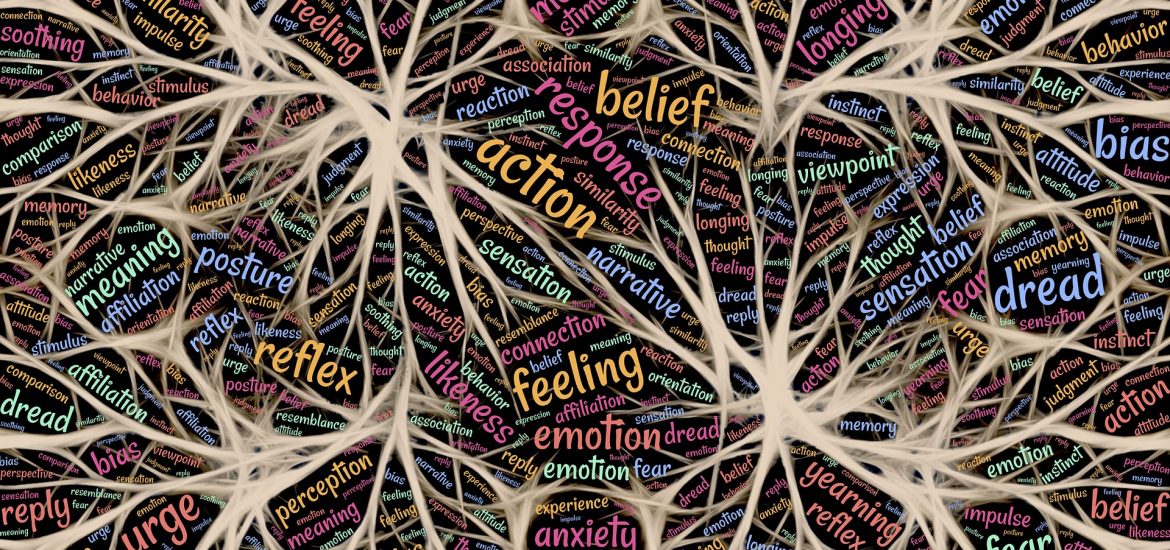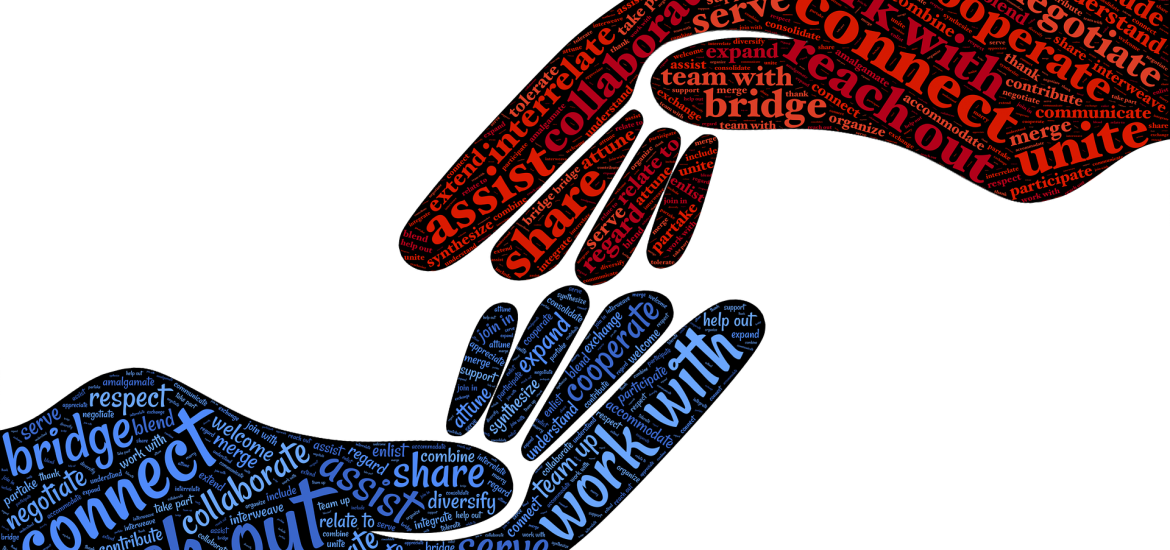Mental illness can feel like a tornado at times. A sudden and intense whirl-wind of emotions and anguish that’s completely uncontrollable. It can carve through a relationship. Push individuals to their limits. And, it can be overwhelming to the point of self-destruction.
But, surprisingly, it can also be an incredible opportunity to grow – to learn compassion, self-care and mindfulness. It can be an opportunity for families and couples to unite and develop a strong foundation of love and understanding.
Usually the biggest realization families have is that there is no singular way to tackle mental illness. Every struggle is unique and requires special attention. Sadly, families who face mental illness challenges like anxiety and depression, for the most part, suffer in silence.
In this series of articles, I’d like to share some insights into what I’ve learned over the years, to ultimately help other families and couples who face this daunting obstacle.

What is Mental Illness?
In a nutshell, mental illness is a term used to describe a behaviour or pattern of thoughts that causes a person significant distress or impairment of personal function. It’s a state of being that can be detrimental to one’s psychological and, at times, physiological well-being. Essentially, it’s the mind adversely or negatively affecting the body to the point of pain or suffering.
Mental illness can manifest itself in a myriad of forms, with varying degrees of intensity. For example, anxiety and depression are terms widely used to describe the emotional state of someone who suffers.
But, if you haven’t felt these feelings before, or are unclear what they could feel like, they can be described as follows:
Anxiety
That nervous feeling you get when you look down from a high building or that feeling you have before a critical exam.
Depression
A deep sense of sadness or emptiness after a loosing a loved one.
Dread
An overwhelming sense of impending danger or doom
Many times these feelings are accompanied by racing thoughts which can leave you dazed and confused. Sometimes it’s a short, fleeting feeling that passes without much impact. And other times, it’s extremely intense and all-encompassing, draining all of your energy.
So, unless you’re devoid of all emotion, chances are you’ve experienced these feelings at some point in your life. However, the difference for those who suffer from mental illness and those who don’t is that these feelings can be onset without rhyme or reason or control. Sometimes constantly and often chronically. It can be debilitating and can cause one’s quality of life to drop significantly.

How Can Mental Illness Affect My Relationship?
Discovering your partner suffers from mental illness can be somewhat jarring. Just imagine, the person you love is in mental anguish. Then, having to cope with the ups and the downs that comes with living through it can make or break your relationship.
Questions We Might Start Asking
More often then not, partners aren’t fully aware of their spouse’s suffering and the sudden reveal can cause so many questions to arise:
- Why are you feeling this way?
- How come you never told me?
- Is this my fault?
- How do we handle this
- How will this impact our future together?
These questions can lead to feelings of guilt, anger, and sorrow, but also compassion, sympathy and hope, in both partners.
Impacts of Mental Illness
Depending on the type and severity of illness, couples may face both short-term and long-term impacts. Short-term impacts can include decreased physical activity, a reduction in social life, or even a lack of intimacy. Long-term impacts can include the development of fears, the formation of abnormal habits or dependencies, a change in lifestyle, and even financial insecurities.
The Importance of Communication
Without proper communication, mental illness can cause havoc in your relationships, both with your partner and with your extended family and friends. Speaking to others and letting them know what you are going through can be extremely liberating but it can also be daunting.
Of course, some people may judge or distance themselves from you, but those people are usually either ignorant when it comes to knowledge or simply do not have the capacity to support you. And that’s okay!
Ultimately, we want partners and people in our lives that can acknowledge and accept our mentality. But, we must also recognize that not everyone is as knowledgeable or capable of empathizing with our true emotions.

Signs to Look for and What to Monitor
There’s no litmus test or questionnaire that can accurately predict the onset of mental illness. However, past trauma, family genetics, hormonal changes or significant life events can be a catalyst.
The Telltale Signs
It’s also hard to pin-point the exact physical and mental signs that can indicate your partner may be suffering. Family, friends and even doctors can use their best judgement and can still be oblivious to the indicators. Thankfully, there are a few common signs you can keep an eye out for which include:
- A lack or deviation from their normal routine
- A sudden or large changes in mood or outlook
- Negative self-talk or attitude
- A change in social life
- Hormonal shifts
When monitoring these signs, it’s important to remember to base your assessment on your partner’s normal levels of attitude and behavior, not defined by your own or society’s. Just because you or everyone else thinks something is “normal”, doesn’t necessarily mean it’s a universal truth.
The Role of Hormones
In men and women, hormones can have a significant impact on one’s mental health and well-being. Diet, medication or age can cause hormone levels to shift, sometimes unknowingly. Large shifts in hormones can trigger or lead to mental health related issues.
For woman especially, the menstrual cycle can cause a great deal of unwanted pain and suffering, both physically and emotionally. In some partners, menstrual cycle induced hormonal changes are blatantly obvious – greater irritability or higher emotional sensitivity. Being mindful of your partner’s cycle can ensure you can be better address your response in an understanding manner.
Tracking Patterns and Behaviours
So, whether it’s tracking your partners cycle or noting changes in their attitude or behavior, recognizing patterns or deviations from regular conduct can be illuminating. When these changes are communicated in open and compassionate dialogue with your partner, better and more effective support can be provided and received.

The Importance of Educating Yourself and Others
Even though a lot of people are aware of mental health issues that seem to afflict much of society, not many people are prepared to or have a proper understanding of the disease. Personally, I grew up somewhat sheltered from mental health related discussions. I knew very little about anxiety or depression, and it wasn’t until I entered university did I, albeit unknowingly, start to really educate myself on the topic.
Learning About Mental Illness
Quite literally, I took a psychology elective in my second year of university which then lead to a revelation on the topic. I began to look introspectively and became more mindful of how others are and can be impacted.
With the advent of YouTube came a treasure-trove of information. The platform allowed professionals, sufferers and supportive peoples to share knowledge and experience on the subject matter. It made the topic much more accessible, understandable and relatable.
Sympathizing with Suffers
Only now have I realized that taking that course, watching videos clips, and read articles on the topic, are all instrumental for my education. To this day, by continuing to self-learn, I’m becoming more aware of the plight of suffers, developing a greater compassionate outlook and further developing the skills to help my partner and others in my life who suffer.
As the age-old adage goes, knowledge is power, and this is especially true for mental illness. The more people know what mental illness is, how it impacts individuals and families, and what can be done to cope with the disease, the better we all are. Education and understanding are the key to unlocking growth and hope, both within us and for all those who face the challenges of mental illness.

Helpful articles and videos
If you’d like to learn more about mental illness, below are few great articles and videos that have helped me profoundly:
- Canadian Mental Health Association – Understanding Mental Illness
- Mayo Clinic – Signs and Symptoms of Mental Illness
- Here to Help – Mental Illness in Couple Relationships
Although this has only been a quick introduction, I hope you feel more confident and capable of facing the challenges of mental illness with your partner and with your family.
Please share this article with anyone and everyone you think would benefit!
